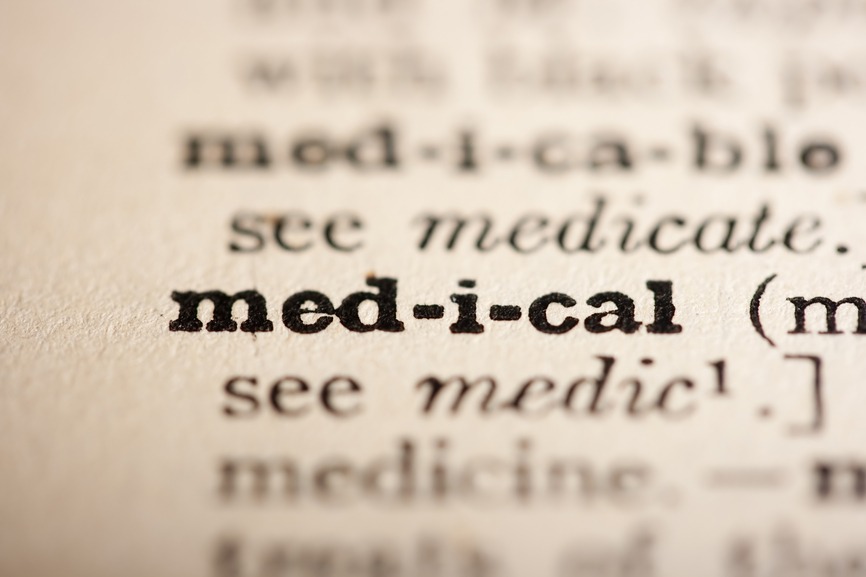
Medical malpractice law deals with the provision of healthcare, particularly as it relates to doctors and other healthcare providers violating the standard of care for their profession. If a patient decides to file for medical malpractice, they become the plaintiff in the case. On the other side is the defendant, or the provider being accused.
For more information on the defendant and plaintiff and medical malpractice law, contact Medical Malpractice Help today. Our medical malpractice lawyers can help if you believe you might have a case against a doctor or another healthcare provider. Call us at 888-261-5614 today.
What Does the Plaintiff Do in a Medical Malpractice Lawsuit?
The plaintiff is the party alleging medical malpractice and seeking compensatory damages from the doctor or healthcare provider. The plaintiff has the burden of proof in the case. In other words, they must prove that the medical malpractice they are alleging did indeed occur.
The Preponderance of the Evidence Standard
Medical malpractice cases use a standard of proof known as preponderance of the evidence. This means the evidence must show that the plaintiff’s allegations are more likely to be true than false. If the plaintiff can prove with at least a 50.1-percent likelihood that malpractice occurred, they should win their case.
If the plaintiff fails to meet the burden of proof, the court will most likely dismiss the lawsuit and not hold the defendant liable for damages.
What Is the Defendant’s Role in a Medical Malpractice Case?
The defendant is the party alleged to have committed medical malpractice. This party is called the defendant because they are in the position of having to defend themselves from the plaintiff’s charges.
Do I Need a Medical Malpractice Lawyer?
If you believe you were a victim of medical negligence and you decide to sue the doctor who was responsible, you are the plaintiff in the lawsuit, and the doctor who committed the alleged act is the defendant.
The defendant in your case will likely have their own legal representation. Given that most doctors and hospitals employ capable legal counsel, it is essential for you to work with a lawyer with experience litigating medical malpractice cases.
How Can I Speak to a Medical Malpractice Lawyer About My Case?
At Medical Malpractice Help, our attorneys focus on this area of law. We help patients recover the compensation they deserve when a doctor’s negligence causes harm. We offer free case evaluations to new clients, so you have the chance to ask questions and have your concerns addressed. To schedule an appointment, call our office at 888-261-5614.
Defendant - Frequently Asked Questions

How Can I Obtain My Medical Records If I Have Questions About My Treatment? The Health Insurance Portability and Accountability Act (HIPAA) gives you control over your medical records. That means you can obtain your medical records when you need to and you can shield them from others. This includes paper records and charts as well
Read More
The legal standards to hold your doctor liable in a medical malpractice lawsuit are fourfold. One, your doctor must have had a duty of care to you (or your injured loved one). Two, your doctor must have failed to uphold that duty of care. Three, you or your loved one must have suffered injuries because
Read MoreDefendant - News Articles

NC Court of Appeals Reinstates Negligence Lawsuit Against Duke Surgeon & Hospital In 2012 Marjorie C. Locklear, then 75 years old, suffered a heart attack. After consulting with Dr. Matthew S. Cummings at the Southeastern Medical Center of Lumberton, she opted for cardiovascular surgery. According to a lawsuit filed on behalf of Locklear, Cummings and
Read More
Medical negligence can shatter lives, but when it involves pediatric patients, the stakes rise exponentially. Children with unique vulnerabilities and developing systems require impeccable care. Yet, in a city like Orlando, these young patients face distinct challenges rooted in the healthcare dynamics. As these issues unfold, the guidance and advocacy of a medical malpractice lawyer
Read More